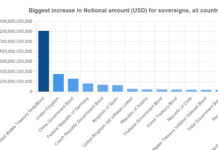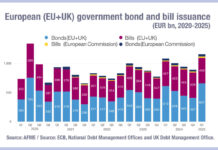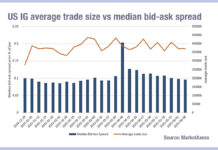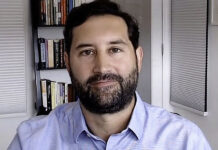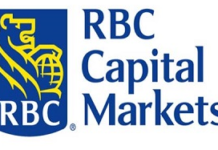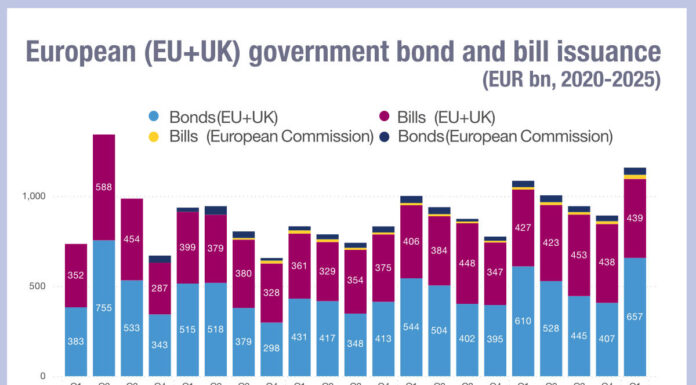By Flora McFarlane.
On 7 August the Commodity Futures Trading Commission (CTFC) fined The Bank of Tokyo-Mitsubishi UFJ (BTMU) for spoofing, submitting orders that are not intended to be filled, in the US Treasury and Eurodollar futures markets.
A trader at BTMU, from July 2009 to December 2014, was discovered to have placed multiple orders for futures contracts with an intent to cancel the orders before their execution.
The spoofing at BTMU was brought to light through voluntary self-reporting, which as a result saw a significantly reduced penalty, at US$600,000. The CFTC said in a statement that it anticipates self-reporting and cooperation to play an important role in its enforcement program.
Earlier in the year, Citigroup was hit with a US$25 million penalty by CTFC in January after its traders were found to have been engaged in spoofing over 2,500 times between 2011 and 2012. Citibank traders Stephen Gola and Jonathan Brims were fined US$350,000 and $200,000 respectively, with a six-month ban also imposed after the full payment of the penalty.
Under Section 747 of the 2010 Dodd-Frank Act, spoofing, termed as “bidding or offering with the intent to cancel the bid or offer before execution”, was made unlawful, giving authorities a mandate to crack down on the spoofing activities of traders.
The sentence of Michael Coscia, the first trader to have been convicted of spoofing in the US, to three years in prison, was upheld by an appeals court in early August. The judge rejected claims that the anti-spoofing rules were unclear, setting a precedent for the enforcement of the statute.
In an investigation in May, The DESK reported on what regulators were missing in targeting illegality in trading in treasuries, finding that self-trading remains largely unchecked, bypassing much of the current regulations.
The Commodity Futures Trading Commission (CFTC) found that in February 2015 intra-firm self-trades in one Treasury future contract that it studied were almost 10% of all trades in that contract, increasing to almost 15% on individual days, while self-trade rates for several other contracts were around 5% of total activity.
However evidence shows it is not easy for regulators to spot the spoofing in US treasuries, specifically in the cash and futures markets with different regulators for each, nor are trading venues picking up on the illegal trading.
The development of an “anti-disruptive trading rule” had been in the works, however appears to have stalled after Mary Jo White left her position as chair of the Securities and Exchange Commission (SEC) in October 2016. It aimed to address the trading that firms had engaged in during the October 2014 US treasuries flash crash, as well as developments in technology and electronic trading.
CTFC has signalled its intent to cultivate a culture of compliance, through imposing penalties on both traders and firms as seen in the Citigroup and Coscia charges.
“We expect market participants, through adequate supervision, to prevent misconduct before it starts”, said James McDonald, the CFTC’s Director of Enforcement in the recent announcement about BTMU.
©Markets Media Europe 2025

